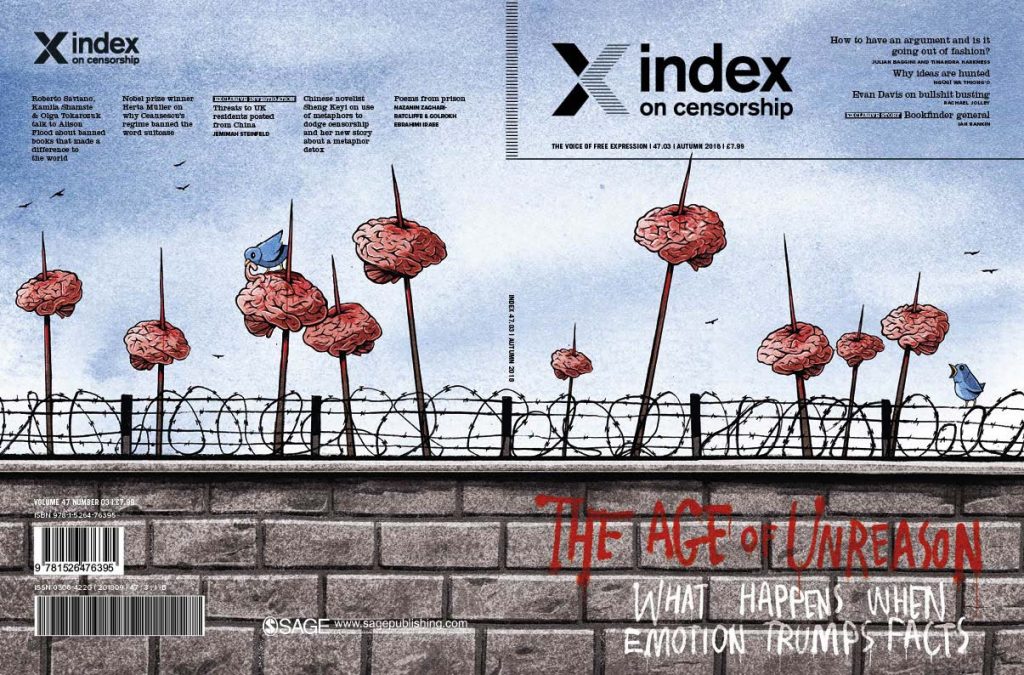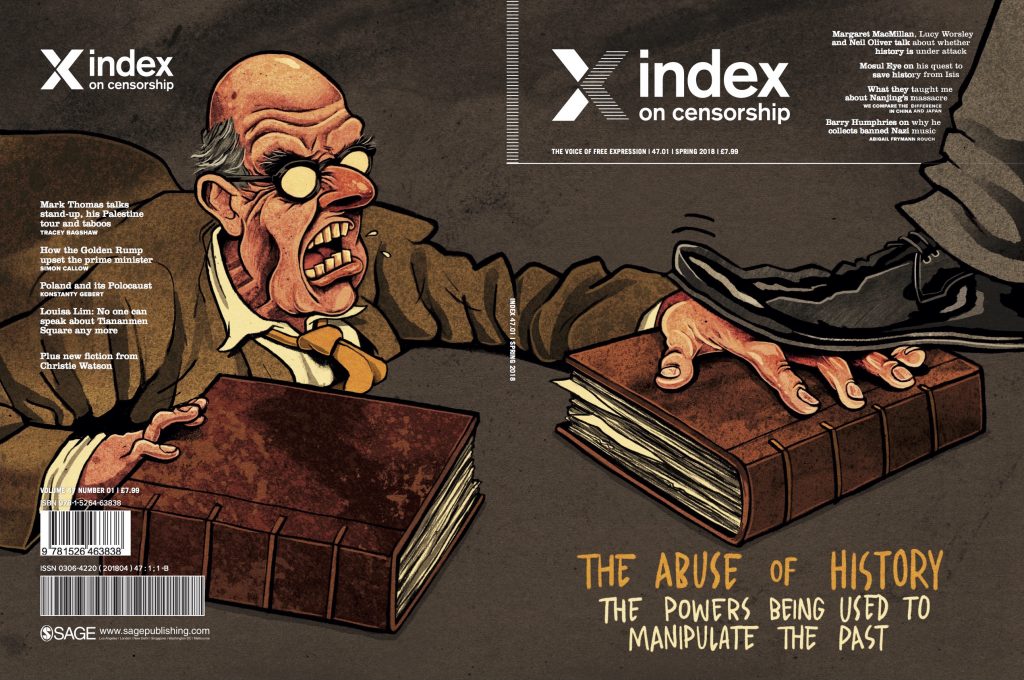6 Jun 2024 | News and features, United Kingdom
As we celebrate the 80th anniversary of D-Day today, it is worth remembering that for one part of the British Isles the events have something of a bitter taste. As thousands of Allied troops landed on the beaches of Normandy on 6 June 1944, the residents of the Channel Islands, occupied by the Nazis for nearly four years, could have been forgiven for thinking their liberation was near. In fact, they had to wait another 11 long months, during which time they endured severe privations as supplies to the islands were cut off by the invading forces. As Madeleine Bunting put it in her book on Nazi rule in the Channel Islands, The Model Occupation: “Far behind Allied lines, the Reich’s British holiday islands were left to starve.”
For Channel Islanders, D-Day effectively marked the beginning of a siege, which denied them food, fuel and medicine. By September 1944 rations to islanders were cut to a minimum and reports by escapees from Jersey revealed that even the German soldiers were reduced to eating horsemeat and potatoes.
One letter from an islander quoted by Bunting written in the winter of 1944 said: “Life is not worth living, we cannot sleep at nights, we are so distressed … we are starving here … I wonder how much longer, it is more than human nature can endure.”
Last year, Index on Censorship broke the story that the UK government was planning a review into the numbers of prisoners who died on the island of Alderney, where the Nazis ran a series of camps for foreign slave workers. The review, published last month, concluded that more than thousand people could have met their end as a result of the Holocaust on British soil.
Lord Pickles, the UK’s Special Envoy on Post-Holocaust issues, who commissioned the report, concluded that it was “a stain on the reputations of successive British governments” that the war criminals responsible for the atrocities on Alderney were never brought to trial.
The history of the Channel Islands is still surrounded by silence. Unlike D-Day, the Occupation does not sit well with our collective narrative of sacrifice and heroism. We will never know the full scale of collaboration on the islands, just as we will never know the full scale of the suffering of the victims. This country has never fully come to terms with the reality of what happened.
The Pickles Review was designed to put an end to speculation about the numbers who perished on Alderney. But its findings are likely to prompt a further reassessment of Channel Islands history. For instance. one section of the review that received little attention on publication, written by Dr Gilly Carr from the University of Cambridge, concerns the Channel Islanders who worked on Alderney. With typical academic understatement, Dr Carr wrote: “More Channel Islanders from Jersey and Guernsey travelled to Alderney at various times to work during the German Occupation than has hitherto been acknowledged.”
The established narrative has always been that Alderney was evacuated before the Nazis invaded, leaving only a handful of residents who chose to remain behind. Although this was initially the case, the truth is that hundreds of Channel Islanders returned to Alderney to work, mainly as agricultural labourers, but also glaziers, joiners, carpenters and masons. Dr Carr’s research has found the names of 429 people, 341 from Guernsey and 88 from Jersey. Some of these individuals were interviewed by investigators after liberation but many, perhaps understandably, chose to remain silent. The revelation that large numbers of British people worked on Alderney servicing Nazi slave labour camps is perhaps the most shocking revelation of the whole review. It provides a sobering counterbalance to the D-Day celebrations and a chilling reminder of what might have happened had Hitler been allowed to invade mainland Britain.
19 Dec 2023 | Germany, Israel, News and features, Palestine, Russia, United States
The rules on what we can and cannot say have exponentially increased since Hamas’ attack in Israel in October and Israel’s response. Just ask Masha Gessen. Over the last few days the Russian-American writer has found themselves at the centre of a controversy over an award they were due to receive.
It was a play of two acts. Act one, disinformation. The well-respected site LitHub ran an article with the heading “Masha Gessen’s Hannah Arendt Prize has been canceled because of their essay on Gaza.” The problem was it hadn’t been cancelled. Gessen pointed that out, saying they had only been approached by one journalist and that as a result “inaccuracies pile up”. LitHub had to issue what every editor dreads – a correction.
The reality – act two – was more prosaic. The main sponsor withdrew their support of the ceremony. It still went ahead, just at a different venue, on a different day. This past weekend Gessen received the Hannah Arendt prize for political thought for their work documenting Russian war crimes. It was a slimmed-down event; Gessen had a police escort.
Even in the absence of more in-your-face censorship, this still feels very problematic, part of a broader ecosystem in which people are punished in some way for what they say. And all of this because of a few lines in a New Yorker article in which Gessen compared Gaza to Nazi-era ghettos.
I should state here, for whatever relevance it holds, that I am Jewish. My family tree lost most of its branches because of the Holocaust. I’m sensitive to both inaccurate comparisons with the Holocaust and to Jewish suffering and prejudice writ large. Like myself, Gessen was born into a Jewish family and is a descendent of those murdered in the Holocaust. Their piece was not, as the furore would have made me assume, a 3000-word smear piece on Israel. Instead it was a thoughtful response to Germany’s Holocaust memory, which criticised Israeli policy at points – as we all do. Gessen’s words were precise, measured, balanced. The root of the controversy was when Gessen says “the ghetto [Gaza] is being liquidated”, a part that is far from throwaway and instead accompanied by caveats and qualifications. That it could cause such outrage exemplifies everything wrong with how we are approaching conversations right now. We simply can’t handle views that we find confronting or upsetting. Our instinct is to silence and to over-correct.
We’re ending 2023 in a bad place. In every region of the world democracies are under attack, as a Freedom House report concluded. Argentina has elected a foul-mouthed president who denies the number of disappeared from the previous dictatorship. Donald Trump could be president in the USA again in 2024, even if from a jail cell, and he’s already threatened his critics. In once liberal Hong Kong Jimmy Lai, a pro-democracy activist and publisher, is on the stand in what could be best labelled a show trial. Russian troops are far from losing in Ukraine. And all the while countries like Germany, which are meant to promote free speech, are getting in tangles over anything they think could remotely be perceived as antisemitic. It’s a very bad place indeed.
Of course we didn’t arrive at the Gessen moment overnight. Our inability to move an inch from whatever camp we’ve pitched our flag has been going on for some time, with Israel-Palestine and other conflicts and ways we identify.
But staying with Israel-Palestine, who exactly does it benefit? Our fear that some language might be labelled antisemitic means we’re looking in the wrong direction. Attacks on Jews are rising around the world. In Germany itself, the far-right AfD party won its first mayoral victory at the weekend. Anti-Muslim crimes are surging too. There are plenty of real, ugly attacks that we need to tackle. It’s just they’re not coming from Gessen or the New Yorker. To suggest as such distracts.
If the goal is to lessen hatred, to create more tolerant societies, the approach of trying to block out speech we don’t like doesn’t work, not least because the instinct itself is authoritarian. Pro-Palestinian voices are being silenced, as are Jewish ones. It’s minorities who always lose out.
In Gessen’s acceptance speech for the award, which was not their original one, they spoke of the power of comparisons: “Comparison is the way we know the world. And yet we make rules about things that cannot be compared to each other,” they said, adding that the Holocaust has been put in a place where it is seen as an exception, unlike anything else, beyond likening. Gessen was clearly not going to be silenced. Instead they chose the moment to pause and reflect, to open up a conversation about how language is used and to challenge the rules around speech that we’ve currently been told to obey. There are lessons to be learnt here as we head into 2024.
20 Sep 2018 | News and features, Volume 47.03 Autumn Extras
[vc_row][vc_column][vc_row_inner][vc_column_inner][vc_column_text]
[/vc_column_text][/vc_column_inner][/vc_row_inner][/vc_column][/vc_row][vc_row][vc_column][vc_column_text]
The special report in our Autumn 2018 issue of Index on Censorship magazine, The Age of Unreason, focuses on bullshit busting and what happens when emotion trumps facts. See how prone to bullshit you are by taking our quiz, based on articles featured in the magazine.
[streamquiz id=”2″][/vc_column_text][vc_separator][/vc_column][/vc_row][vc_row content_placement=”top”][vc_column width=”1/3″][vc_custom_heading text=”The Age of Unreason” font_container=”tag:p|font_size:24|text_align:left” link=”url:https%3A%2F%2Fwww.indexoncensorship.org%2F2018%2F09%2Fage-of-unreason%2F|||”][vc_column_text]The autumn 2018 issue of Index on Censorship magazine explores the age of unreason. Are facts under attack? Can you still have a debate? We explore these questions in the issue, with science to back it up.
With: Timandra Harkness, Ian Rankin, Sheng Keyi[/vc_column_text][/vc_column][vc_column width=”1/3″][vc_single_image image=”102479″ img_size=”medium” alignment=”center” onclick=”custom_link” link=”https://www.indexoncensorship.org/2018/09/age-of-unreason/”][/vc_column][vc_column width=”1/3″ css=”.vc_custom_1481888488328{padding-bottom: 50px !important;}”][vc_custom_heading text=”Subscribe” font_container=”tag:p|font_size:24|text_align:left” link=”url:https%3A%2F%2Fwww.indexoncensorship.org%2Fsubscribe%2F|||”][vc_column_text]In print, online. In your mailbox, on your iPad.
Subscription options from £18 or just £1.49 in the App Store for a digital issue.
Every subscriber helps support Index on Censorship’s projects around the world.
 SUBSCRIBE NOW[/vc_column_text][/vc_column][/vc_row]
SUBSCRIBE NOW[/vc_column_text][/vc_column][/vc_row]
5 Apr 2018 | News and features, Volume 47.01 Spring 2018 Extras
[vc_row][vc_column][vc_row_inner][vc_column_inner][vc_column_text]

The spring 2018 issue The Abuse of History focuses on governments and powers alike manipulating history across the globe.
[/vc_column_text][/vc_column_inner][/vc_row_inner][/vc_column][/vc_row][vc_row][vc_column][vc_column_text]
In the spring 2018 issue of Index on Censorship magazine, we feature a special report on The Abuse of History, focusing on how governments and powers alike across the globe are manipulating history. See how brainy you are by taking our quiz, based on articles featured in the magazine.
[streamquiz id=”1″] Click on the square button.[/vc_column_text][vc_separator][/vc_column][/vc_row][vc_row content_placement=”top”][vc_column width=”1/3″][vc_custom_heading text=”The Abuse of History” font_container=”tag:p|font_size:24|text_align:left” link=”url:https%3A%2F%2Fwww.indexoncensorship.org%2F2017%2F12%2Fwhat-price-protest%2F|||”][vc_column_text]The spring 2018 issue of Index on Censorship magazine takes a special look at how governments and other powers across the globe are manipulating history for their own ends
With: Simon Callow, David Anderson, Omar Mohammed [/vc_column_text][/vc_column][vc_column width=”1/3″][vc_single_image image=”99085″ img_size=”medium” alignment=”center” onclick=”custom_link” link=”https://www.indexoncensorship.org/2017/12/what-price-protest/”][/vc_column][vc_column width=”1/3″ css=”.vc_custom_1481888488328{padding-bottom: 50px !important;}”][vc_custom_heading text=”Subscribe” font_container=”tag:p|font_size:24|text_align:left” link=”url:https%3A%2F%2Fwww.indexoncensorship.org%2Fsubscribe%2F|||”][vc_column_text]In print, online. In your mailbox, on your iPad.
Subscription options from £18 or just £1.49 in the App Store for a digital issue.
Every subscriber helps support Index on Censorship’s projects around the world.
 SUBSCRIBE NOW[/vc_column_text][/vc_column][/vc_row]
SUBSCRIBE NOW[/vc_column_text][/vc_column][/vc_row]


